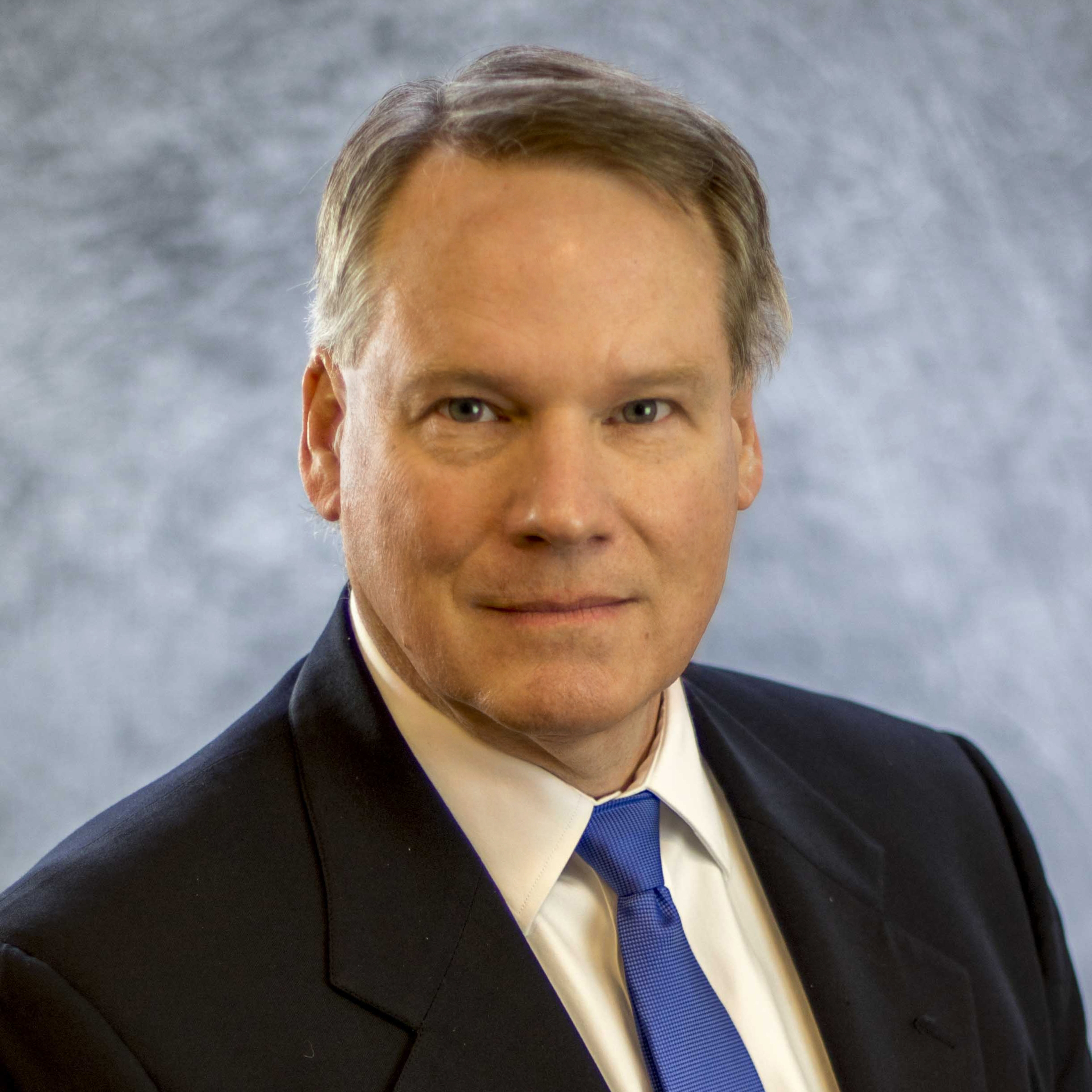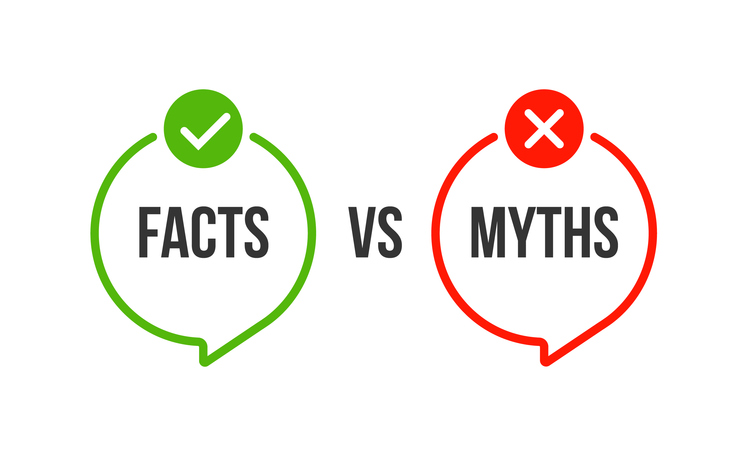Outgoing Governor Jay Inslee says he wants lawmakers to impose a “wealth tax” of 1% a year on residents with over $100 million in world-wide holdings for the privilege of living in Washington state. He says his idea would target the global holdings of 3,400 Washingtonians and would net the state $10.3 billion in the first four years.
Incoming Governor-elect Bob Ferguson says he is considering the proposal.
Inslee’s proposal might better be called an Envy Tax. It is based on no other policy rationale than selecting an arbitrary dollar figure and then collecting money from people who have been successful above that amount. As a further sign of covetousness, the tax would apply equally to in-state and out-of-state holdings, including all of a person’s net worth that is not held, created, invested or in any other way connected to Washington state.
No other state imposes a global tax based on envy, not because their leaders possess some remarkable level of selfless virtue, but because of the practical problem of collecting the tax. The envy levy tends to drive high-wealth people out of the state or country that imposes it.
French President Emmanuel Macron noted this effect in 2017 when he said:
“My predecessor taxed the wealthiest and those who succeeded like never before. What happened? They left.”
France soon repealed its wealth tax, as has Austria, Denmark and Germany. It’s no wonder the non-partisan Tax Foundation calls the wealth tax “economically destructive.” Even left-wing billionaire Nick Hanauer says the idea is a “logistical nightmare” and has “failed every place it’s been tried.”
Closer to home, Washington state lawmakers were stunned when they imposed the first-ever capital gains income tax and quickly saw a number of successful companies and high-wealth individuals move away. These include billionaire Jeff Bezos, who according to the Department of Revenue saved $600 million in one year by moving from Seattle to Florida.
A further indicator of the gratuitously mean nature of the tax is that Washington’s elected leaders don’t need the money. Sure, Governor Inslee claims he needs more revenue to avoid “slashing” services, but he says that almost every year.
At a press conference December 17th Governor Inslee said that unless he gets more funding he would cut “education, mental health services for children and police.” This is a standard trope, and it’s likely his audience knew it wasn’t true as soon as he said it.
Estimates show that revenue is rising and that state leaders have plenty of money. The only way officials can claim a shortfall is to use the well-worn device of saying the failure of rising revenue to keep up with planned overspending represents a funding cut.
In the private sector trying this kind of accounting with the IRS would soon lead to a jail term.
While the political budget rhetoric is unlikely to change, the good news is that with revenues rising in 2025 and beyond Washington lawmakers have no need to impose a global wealth tax, even if the idea weren’t based on jealousy of other people’s financial success.





